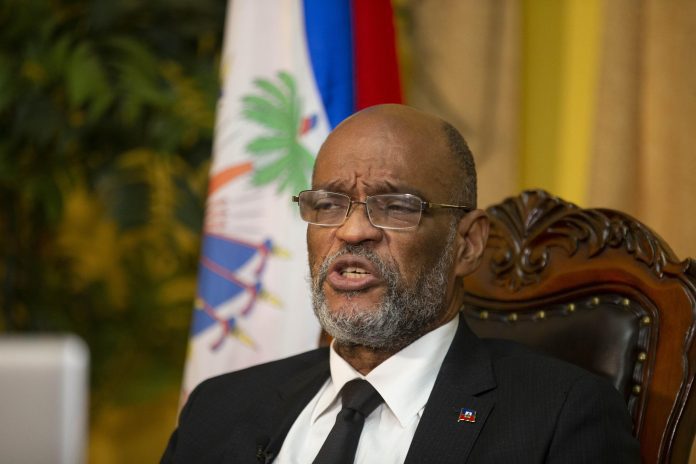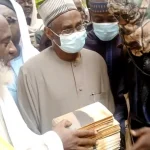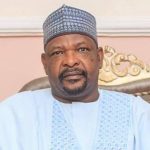
Haiti’s Prime Minister Ariel Henry resigns amid chaos, and violence

After weeks of escalating turmoil and violence in Haiti, Prime Minister Ariel Henry has announced his resignation, yielding to mounting pressure from both domestic and international actors.
The decision was made public following a meeting of regional leaders in Jamaica, where discussions centered on orchestrating a political transition within the beleaguered nation.
Henry, currently stranded in Puerto Rico due to the obstruction of armed gangs preventing his return to Haiti, addressed the nation via video, urging calm amidst the tumultuous circumstances.
“The government that I am leading will resign immediately after the installation of [a transition] council,” Henry declared.
“I want to thank the Haitian people for the opportunity I have been granted. I’m asking all Haitians to remain calm and do everything they can for peace and stability to come back as fast as possible.”
A transitional presidential council is anticipated to fill the void left by Mr Henry’s departure, with the aim of steering Haiti towards stability and eventual democratic elections. However, the path forward remains fraught with challenges as heavily armed gangs continue to assert control over the streets of Port-au-Prince, the capital city, exacerbating an already dire humanitarian crisis.
Matthias Pierre, a former elections minister in Haiti, characterized the current situation as “very precarious,” emphasizing the weakened state of law enforcement and the alarming dominance of criminal elements within the capital.
“The police force is weak, and more than 40 police stations [are] destroyed. The army is very limited and not equipped; gang members occupy most of the [Port-au-Prince] downtown and some government headquarters,” “Very soon, people will be out of food, medication and… medical support,” he noted.
The resignation of Mr Henry comes amid intensified calls for his departure from both regional leaders and Haitian citizens alike.
The Caricom group of Caribbean nations had been vocal in its stance that Mr. Henry’s continued leadership posed an obstacle to Haiti’s stability and progress.
In the aftermath of Mr. Henry’s resignation, the United States pledged further support for Haiti, committing an additional $100 million to a UN-backed security force aimed at restoring order and combating violence within the country.
US Secretary of State Antony Blinken affirmed this commitment, signalling Washington’s determination to facilitate a peaceful transition in Haiti.
“We acknowledge his resignation upon the establishment of a transitional presidential council and naming of an interim prime minister,” stated President Irfaan Ali of Guyana, the chairman of the Caricom group.
The transitional presidential council, comprising representatives from various sectors, including civil society, the private sector, and religious leaders, is tasked with appointing an interim prime minister and overseeing Haiti’s journey towards democratic elections, with the hope of restoring stability to a nation mired in crisis since the assassination of former President Jovenel Moïse in July 2021.
Read: Breaking: Chaos in Abuja’s Wuse Market
About The Author
Related Articles
Asake Sets New Billboard Afrobeats Record as Chart Presence Grows
Asake has further cemented his place as one of Afrobeats’ most dominant...
ByWest Africa WeeklyJanuary 29, 2026Nigerians Lament PayPal’s Return as Old Wounds Resurface
PayPal’s reentry into Nigeria through a partnership with local fintech company Paga...
ByWest Africa WeeklyJanuary 29, 2026Tanzania Eyes Gold Sales as Aid Declines and Infrastructure Needs Grow
Tanzania is weighing plans to sell part of its gold reserves to...
ByWest Africa WeeklyJanuary 29, 2026Mali Tightens Grip on Explosives Supply With New Majority Stake
The Malian government has taken majority ownership of a civil explosives manufacturing...
ByWest Africa WeeklyJanuary 29, 2026











